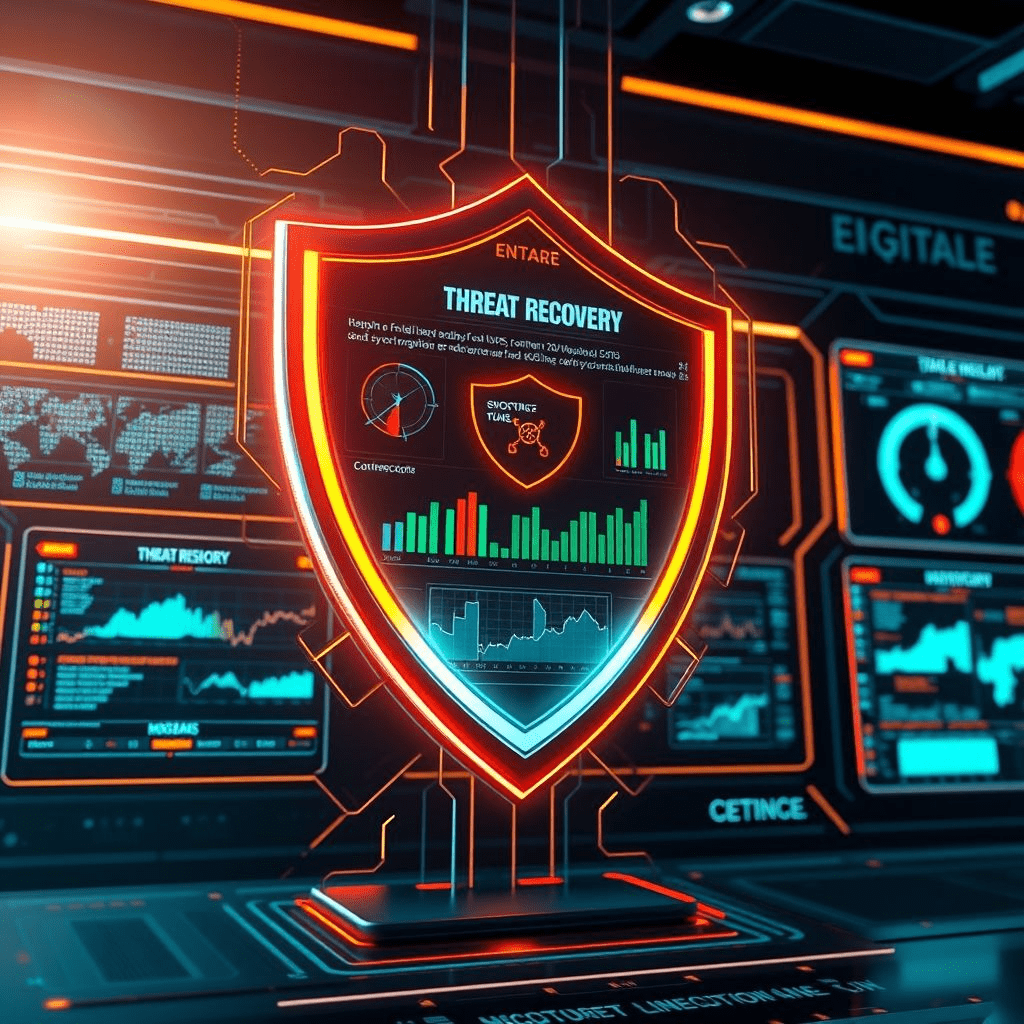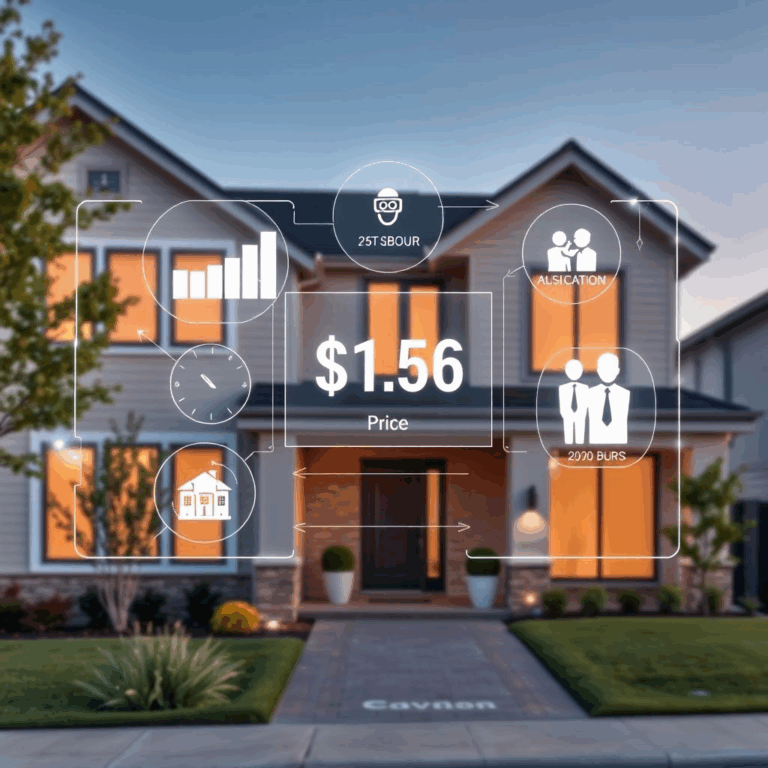Introduction: Resilience Beyond Protection
As cyber threats evolve in complexity and frequency, mere prevention is no longer enough. Enterprises must now adopt cyber resilience—the ability to recover and maintain business continuity during and after cyber incidents. Stepping into this critical void is Mitigata, a Bengaluru-based cybersecurity startup that has just raised $5.9 million to scale its cyber resilience platform globally.
Led by Nexus Venture Partners, this funding marks a pivotal step for Mitigata as it develops AI-powered defense tools that go beyond detection and focus on real-time containment, recovery, and compliance.
The Funding Round: Strategic Backing for Scalable Security
Announced on August 4, 2025, the $5.9M funding round included participation from:
- Nexus Venture Partners (lead investor)
- Titan Capital
- WEH Ventures
- Strategic cybersecurity angels and ex-CISOs from leading enterprises
The capital will help Mitigata:
- Expand R&D teams in Bengaluru and Singapore
- Add AI-based threat detection modules
- Deepen integrations with SOC (Security Operations Center) workflows
- Strengthen go-to-market capabilities across Asia-Pacific and North America
According to Nexus Partner Sanjay Swamy:
“Mitigata’s resilience-focused approach fills a serious gap in modern security infrastructure. Their platform is well-positioned to become a category leader.”
What Is a Cyber Resilience Platform?
A cyber resilience platform enables organizations to continue operations even when under attack. It typically includes:
- Threat anticipation and early detection
- Automated response orchestration
- Secure backup and recovery workflows
- Risk simulation and cyber drills
- Regulatory and compliance monitoring
Mitigata’s platform, branded as ResiliX, brings all of this into a unified, cloud-native solution with integrations for AWS, Azure, on-prem systems, and hybrid environments.
ResiliX: An Operating System for Cyber Crisis
The core product ResiliX functions like an operating system for cyber emergencies. The platform is modular and integrates with:
- Endpoint Detection and Response (EDR) tools
- SIEM systems (Security Information and Event Management)
- Cloud providers
- Physical infrastructure (firewalls, gateways, DNS services)
ResiliX enables real-time:
- Threat mapping and prioritization
- Zero-trust access triggers
- Isolation of infected systems
- Instant compliance audit reports (e.g., GDPR, ISO 27001, SOC 2)
Mitigata’s Chief Product Officer Rohit Ramachandran said:
“Our goal is to empower organizations to not only survive attacks but to adapt and improve continuously. Think of it as cyber immunity.”
Global Demand for Resilience
Cyberattacks cost the global economy over $10.5 trillion annually (Cybersecurity Ventures, 2025). Ransomware, supply chain compromises, and cloud breaches are growing in frequency.
Enterprises now ask not just “Can we stop attacks?” but also:
“How quickly can we recover without business loss?”
Mitigata is capitalizing on this shift by offering resilience-as-a-service for:
- Banks and fintech firms
- Critical infrastructure (energy, healthcare, telecom)
- SaaS companies handling PII data
- Governments and defense departments
Use Case: BFSI Sector
India’s digital banking infrastructure faces frequent phishing and insider threat attacks. One private bank piloted ResiliX across its data centers and found:
- 30% faster response to critical events
- 90% reduction in downtime during simulations
- Instant recovery from DNS spoofing attempts via automated workflows
This success led to a multi-year contract with the client and recommendations across the sector.
Enterprise Adoption and Feedback
Since launching the beta version of ResiliX last year, Mitigata has onboarded:
- 28 mid-to-large enterprises in India
- 6 financial institutions in Singapore and Malaysia
- 2 government agencies running pilot programs
Feedback from Chief Information Security Officers (CISOs) highlights the platform’s versatility and automation:
“It reduced our manual incident response time by over 70%. The post-breach visibility is like nothing else we’ve tried.”
— CISO, major Indian telecom provider
The Competitive Edge
While many startups and giants (like CrowdStrike, Palo Alto Networks) dominate endpoint protection and threat intel, Mitigata differentiates by focusing purely on resilience.
Here’s how they stand apart:
| Feature | Traditional Vendors | Mitigata |
|---|---|---|
| Recovery Speed | Slow, manual | Automated, real-time |
| Compliance Focus | Add-on | Native |
| Orchestration | Fragmented | Unified |
| AI Threat Response | Limited | Embedded and adaptive |
| Pricing Model | License-based | SaaS + pay-as-you-scale |
This business model flexibility has been particularly attractive for SMEs and startups who want enterprise-grade resilience without large upfront costs.
Challenges & Road Ahead
No growth comes without hurdles. Mitigata faces:
- Talent competition from big tech for skilled cybersecurity engineers
- Convincing traditional CIOs who believe prevention is still enough
- Integration overhead for legacy systems without APIs
To counter these, the startup is investing in:
- DevRel (developer relations) and SOC-as-a-service partnerships
- Self-deployable SDKs
- Customer education and executive workshops
Expansion Plans
With fresh capital, Mitigata is:
- Opening a Singapore headquarters to focus on APAC growth
- Hiring 30+ engineers and security analysts over the next 6 months
- Building integrations with Atlassian, Microsoft Sentinel, and Elastic Stack
- Launching cyber resilience benchmarks across key industries
A future release of ResiliX will include:
- GenAI incident simulations
- Red team emulation features
- Global threat sharing dashboard for enterprises under NDA
India’s Cybersecurity Startup Surge
Mitigata’s rise comes during a golden age for Indian cyber startups. With funding in this vertical jumping 3X since 2022 and government initiatives supporting cyber-readiness, firms like Sequretek, Scrut Automation, and now Mitigata are being seen as credible global contenders.
Nexus’s Gautam Mago stated:
“We’re at the inflection point where India isn’t just a consumer of cybersecurity—it’s becoming a global innovator. Mitigata is leading that transformation.”
Conclusion
Mitigata’s cyber resilience platform is a timely innovation that aligns perfectly with the modern enterprise need: operational continuity under duress. With fresh funding, a clear mission, and a rapidly growing customer base, the company is positioned to become a key player in the $300 billion global cybersecurity market.
In the words of founder and CEO Divya Nandan:
“Prevention is no longer enough. It’s time to build cyber muscle memory—and that’s what we enable







